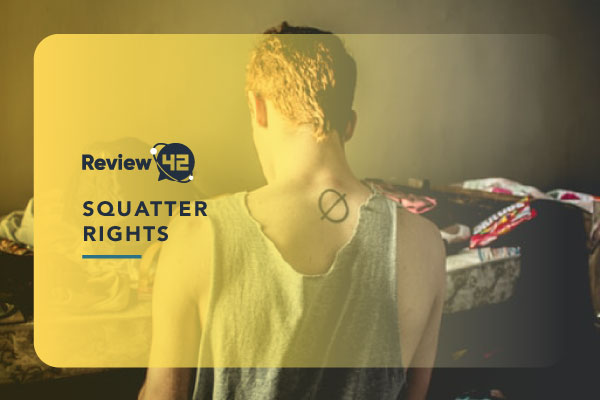Dealing with Squatters: Rights and Responsibilities for Maryland Homeowners
Dealing with Squatters: Rights and Responsibilities for Maryland Homeowners
Blog Article
Squatters or negative possessors have become an important issue for home owners lately. They can be individuals who consume residence in a residence without the authorization in the proprietor. In some cases, squatters may possibly take a home for an extended period of energy, so that it is difficult for the property owner to reclaim their house. Comprehending the legal guidelines on squatters rights in Maryland is essential for home owners to shield their property from undesired thing. This complete manual provides you with everything you need to learn about squatters rights in Maryland, which include the way to safeguard your home plus your legal rights as a property owner.
What exactly are Squatters Privileges?
Squatter’s legal rights or undesirable property laws are express-certain and usually enable a non-owner to acquire acquisition privileges to your property when they meet certain conditions. Fundamentally, those that take up a home without having the owner's consent and satisfy the authorized standards, including occupying the terrain honestly, consistently, and without the owner's permission for a a number of time period, could get authorized ownership of the property. In Maryland, the time frame required for negative thing is 20 years.
Preventing Squatters
You can protect against squatters from occupying your house. Step one in protecting your home would be to make sure it is safe. Routinely check out your premises to make sure you can find no signs and symptoms of compelled admittance. It's additionally a clever strategy to put up no-trespassing symptoms and protect your home boundaries with walls or fences. Additionally, when your property is unfilled or unoccupied on an extensive period of time, consider employing a residence manager to keep close track of it.
The way to Evict Squatters in Maryland
If a squatter has occupied your property unlawfully, you will have the right to evict them. The eviction procedure contains submitting a issue in the courtroom, as well as the courtroom will typically allow an eviction buy if the squatter has no legitimate claim to the house. It is crucial to include police force within the eviction procedure to prevent any occurrences of violence or house harm. In Maryland, the frequently used eviction method is recognized as the summary ejectment, which is a legally necessary approach that must definitely be put into practice to take out a squatter from your home.
What Occurs in case the Squatter features a Legal State they the house?
If the squatter has a lawful state they your property, maybe you have problems evicting them. In Maryland, if a person has a legitimate state they a home and contains entertained it for about 2 decades, they can submit a legal action in court to acquire possession of the property. Consequently if you have not used legal action versus the person inside the 20-season limit, they could possibly take ownership of your residence. It's necessary to make a change against squatters as soon as the make a difference occurs to avoid any lawful difficulties and ensure that you maintain authorized possession of your property.

Conclusion:
In summary, being a home owner, being familiar with squatters rights in Maryland is vital to make sure you safeguard your house from undesirable ownership. Preventing squatters from occupying your home and pursuing lawful methods could also ensure you retain that thing of your dwelling. It's also worth remembering that the legal guidelines governing squatters' rights in Maryland are susceptible to transform, and it’s essential to take care of-to-particular date with any adjustments to prevent any upcoming legalities. Hopefully, this extensive guideline has provided you together with the understanding you have to keep your residence stays your own property. Report this page